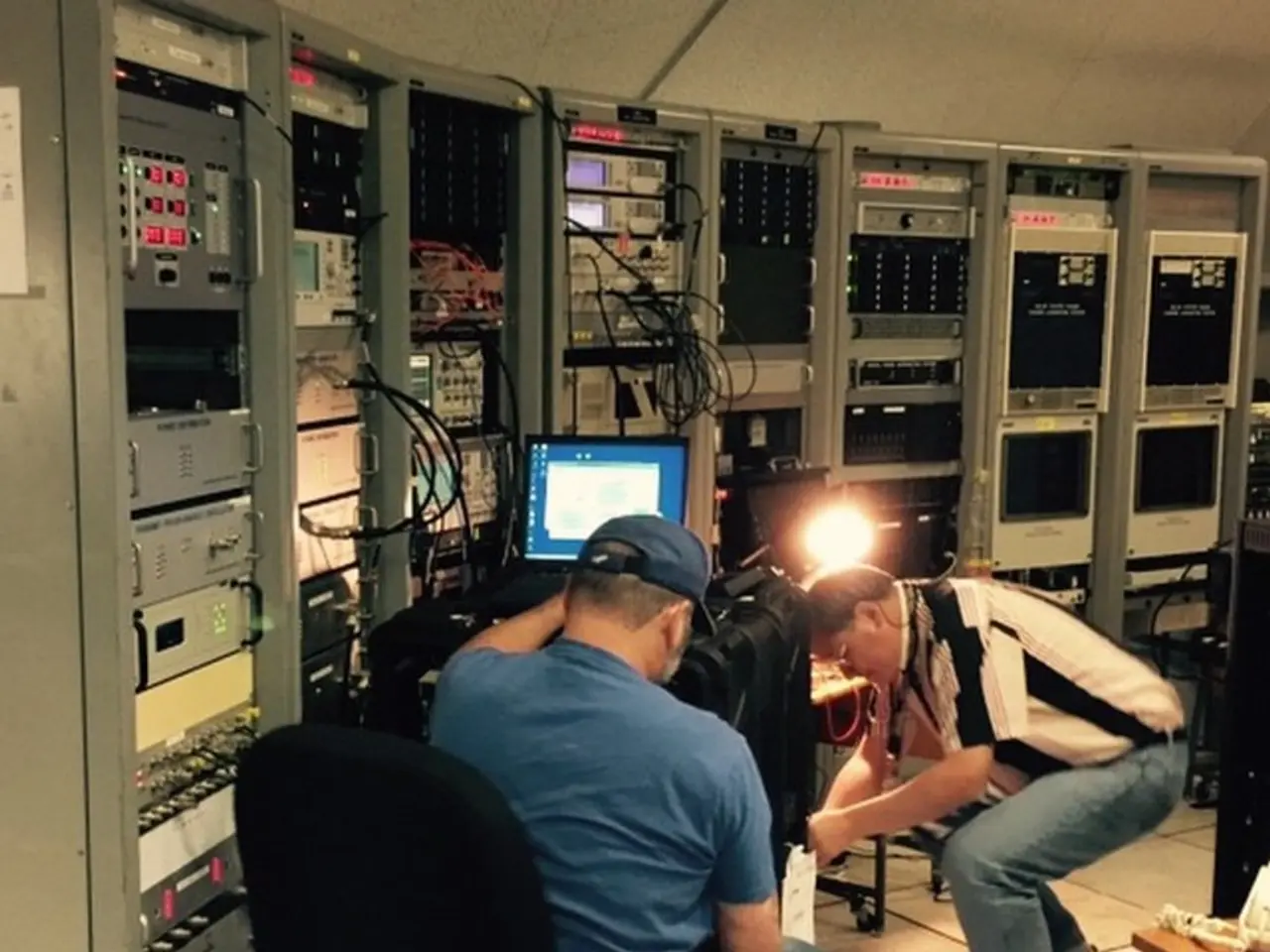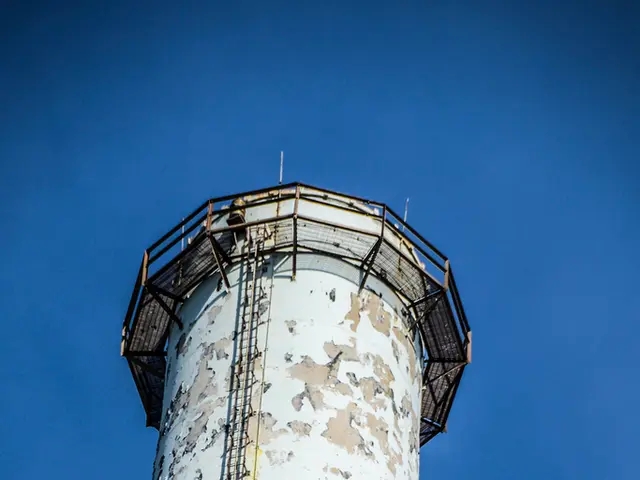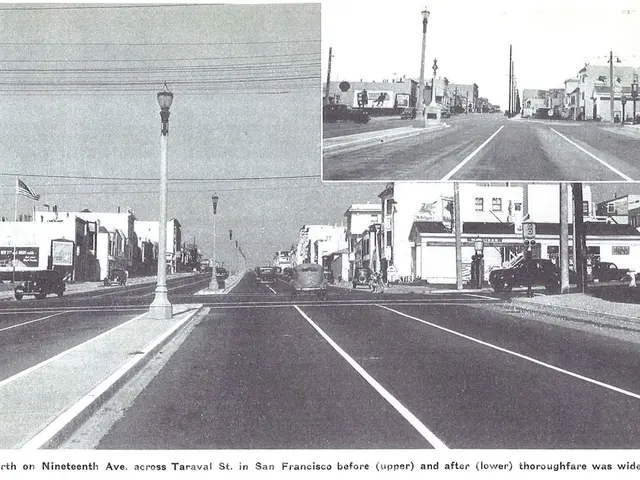U.S. President Trump suggests recruiting South Korean battery specialists to educate domestic labor force
In a series of statements, U.S. President Donald Trump has outlined his plans to make the country more productive and strengthen ties with South Korea.
Trump has expressed his intention to work diligently to enhance the nation's productivity and foster a closer relationship with South Korea. One of his proposals involves inviting Korean battery experts to the U.S., with the aim of training American workers and addressing expertise gaps in various industries.
However, the South Korean government's efforts to influence U.S. political circles have been deemed relatively insufficient. This has potentially hindered the inflow of Korean expertise and investments into the U.S.
Trump has encouraged foreign companies to invest in the U.S. and legally import highly skilled foreign talents. He believes that the key to cultivating personnel is to bring in those skilled in the field, have them stay for a certain period, and receive their help.
The Trump administration has reportedly halted the practice of numerous companies dispatching employees from Korea through the Electronic System for Travel Authorization (ESTA) or the short-term business (B-1) non-immigrant visa. Trump has urged foreign companies investing in the U.S. to respect immigration laws.
South Korea is limited to approximately 2,000 H-1B visas per year due to a random lottery system. The U.S., however, allocates annual professional visa quotas by country to five FTA partners, but South Korea has no quota and must apply for the H-1B visa.
Trump has promised to review the visa system, which could potentially lead to an expansion and future cooperation in the shipbuilding industry between South Korea and the U.S. He has also expressed a commitment to resolving the institutional issue of visa shortages for Korean workers.
In a recent development, a bill proposed by Republican Congresswoman Young Kim aims to establish up to 15,000 E-4 professional employment visas for foreigners in the U.S. This could potentially alleviate the visa challenges faced by foreign workers, including those from South Korea.
Trump has emphasised the importance of hiring and training American workers, requiring companies to do so in return for cooperation. However, American politicians face difficulties championing this initiative amid the pervasive "America First" atmosphere.
Recently, immigration authorities raided a Hyundai Motor·LG Energy Solution joint battery factory in Georgia, leading to the detention of over 300 Koreans. Trump has since made remarks about this incident.
Many companies that have entered states like Georgia, Tennessee, and Kentucky have faced challenges in hiring skilled personnel due to the lack of urban areas and the hollowing out of key U.S. industries. The need for Korean personnel for initial technology transfer and on-site stabilization has been a pressing issue for Korean companies.
Trump has assured that he will ensure companies can legally bring in skilled personnel swiftly, which could potentially attract more South Korean investments and expertise to the U.S.








